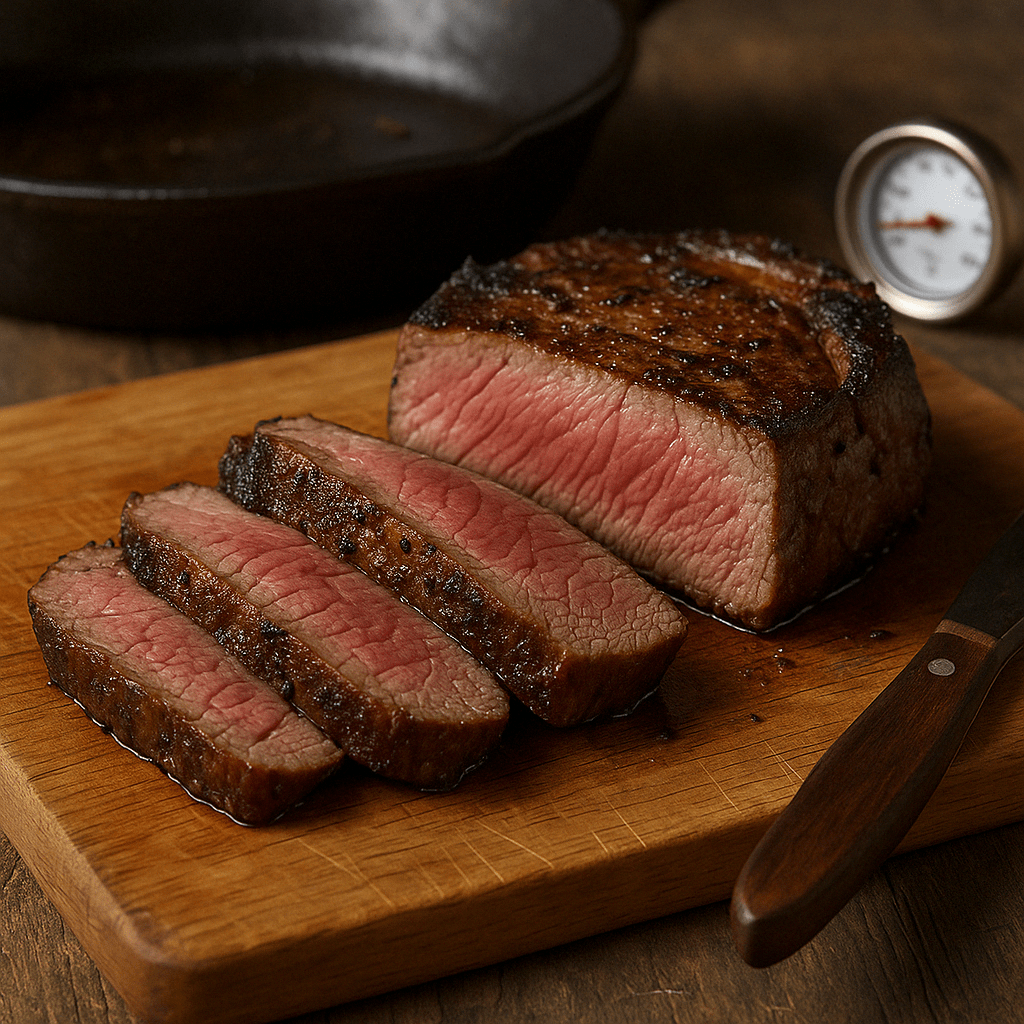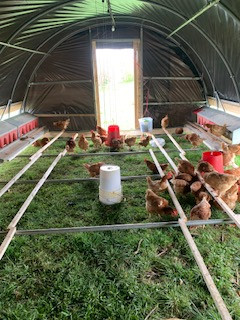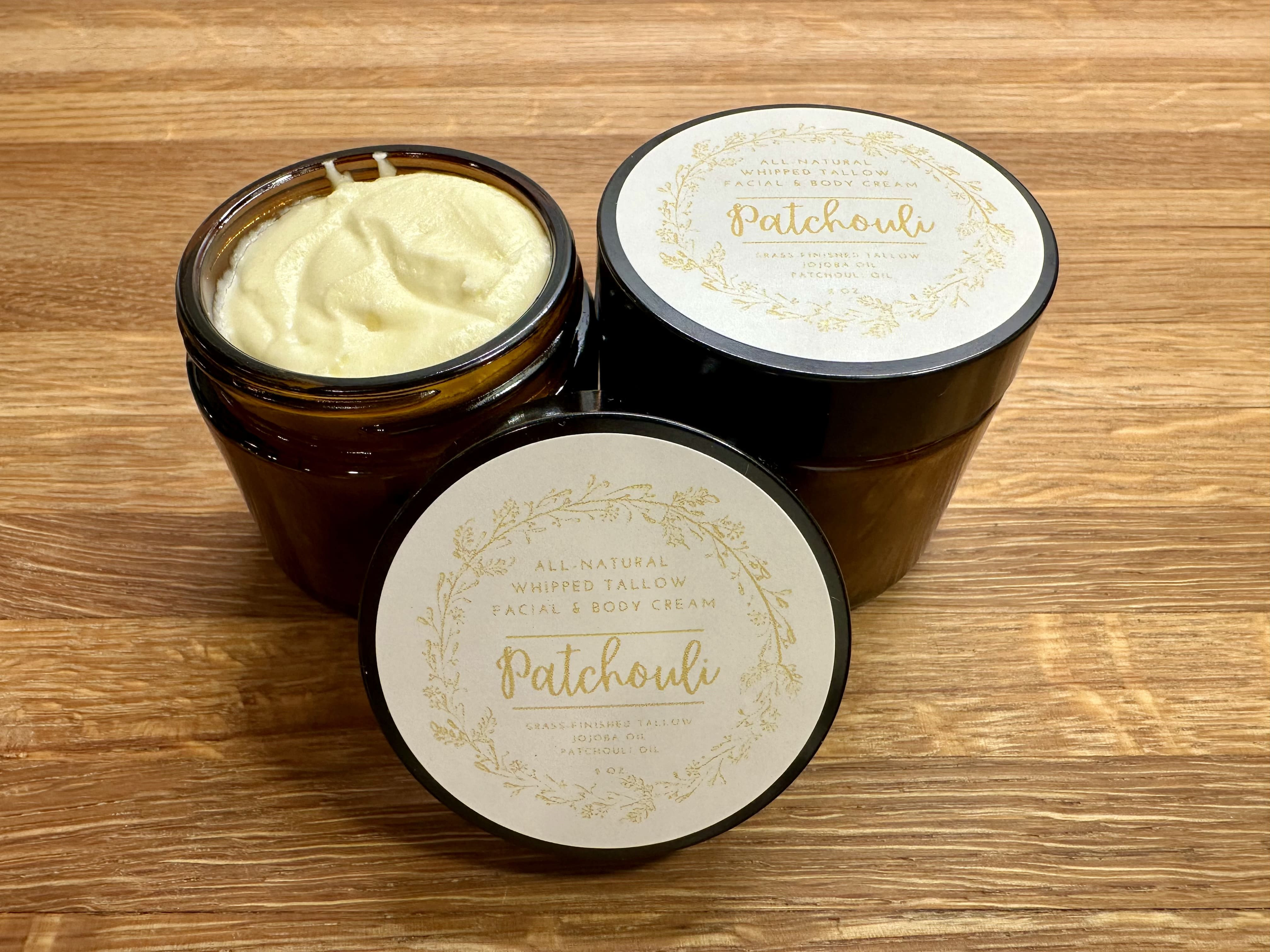Storing Pasture-Raised Eggs with Care
posted on
February 2, 2024
In recent years, the demand for pasture-raised eggs has soared as consumers become increasingly conscious of the quality and ethical considerations surrounding their food choices. The rich, golden yolks and robust flavor of pasture-raised eggs have made them a favorite among food enthusiasts. However, with great quality comes the responsibility of proper storage to maintain freshness and flavor. Here are a few tips on how to extend their longevity.
Freshness at purchase: Many eggs purchased at the grocery store can be up to 30 days before they even get to the supermarket. Our pasture-raised eggs are gathered and delivered to our customer's doors within days.
Storage temperature: Ensuring your refrigerator stays a constant 45 degrees will ensure your pasture-raised eggs stay fresh longer.
Packaging: Keep eggs in their original carton to protect them from absorbing odors and flavors from other foods in the refrigerator. The carton also helps maintain a stable temperature around the eggs.
Humidity Levels: Eggs have a natural protective coating that helps maintain freshness. High humidity can compromise this protective layer, making the eggs more susceptible to spoilage. Store eggs in the main section of the refrigerator, as the humidity levels are usually lower than in the egg compartment.
Pasture-raised eggs are a culinary delight, offering a rich flavor and nutritional benefits. By understanding the factors influencing their shelf life and following proper storage practices, you can savor the freshness of these eggs for an extended period. Whether you use them for baking, frying, or poaching, the care you take in storing pasture-raised eggs will be rewarded with delicious and wholesome meals. Embrace the golden richness and make every egg a celebration of ethical farming and culinary excellence.






